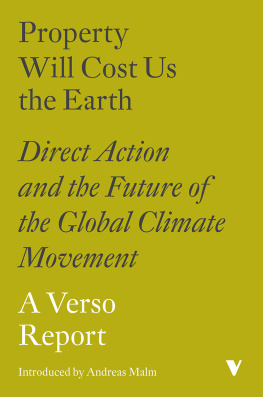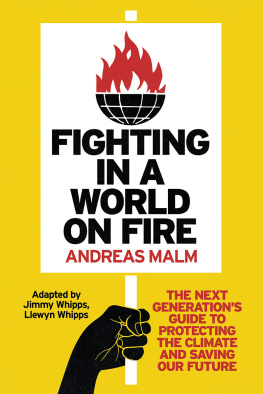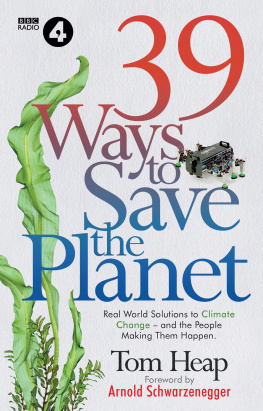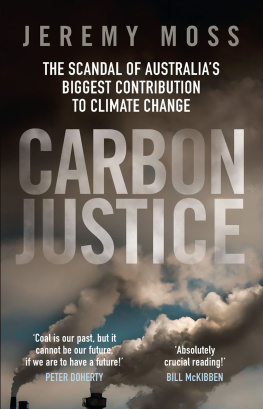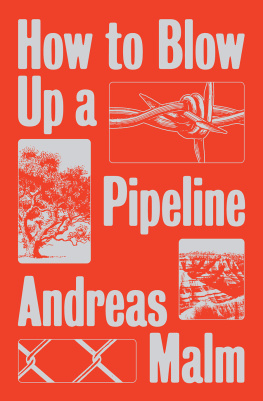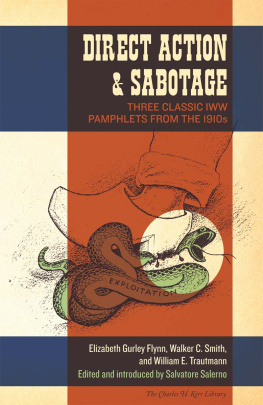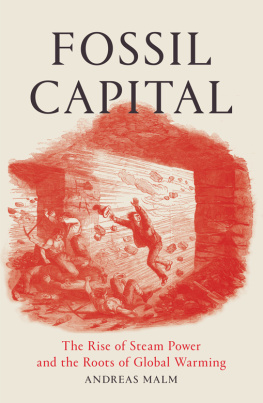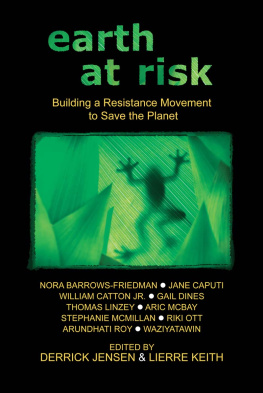PROPERTY WILL COST US THE EARTH
Contents
by Jessie Kindig
No Shortage of Targets
by Andreas Malm
The Frente Nacional Antiminero in Ecuador
by Andrea Semprtegui
Fourth National Anti-Mining Meeting, Tzawata-Ila-Chukapi, Ecuador, December 2021
by the Frente Nacional Antiminero, Ecuador
translated by Andrea Semprtegui
Ugandan activist Vanessa Nakate on why the climate justice movement must be guided by the Global South
by Vanessa Nakate, interviewed by Amy Goodman
Mozambique is on the frontlines of climate changes effects and the devastating impact of continued fossil fuel extraction
by Anabela Lemos and Erika Mendes
Letter from a jailed Line 3 Water Protector
by Tara Houska
Lessons from the battle of Willow River and the Line 3 pipeline resistance
by MOTH Collective
How climate activists in South Asia built global solidarity against coal
by Brototi Roy
When climate scholars propose sabotage, seeking generational movement perspective is not only respectful, its necessary
by Madeline ffitch
Is war communism the model we need?
by Adam Tooze
It is comforting to think that direct action will succeed where existing movements have failed
by Alyssa Battistoni
To envision a revolution limited by the moral privilege of not having to win is to immediately refuse that the objective is winning
by Joo Camargo
Disabled Indigenous people are on the frontlines of the climate crisis
by Jen Deerinwater
On the clarities and blind spots of Andreas Malm
by Bue Rbner Hansen
Can we circumvent politics with direct action?
by James Butler
A response to critics
by Andreas Malm
We should blow up no more pipelines, and drone-bomb no more refineries, than is necessarybut also no fewer
by Benjamin Kunkel
Perhaps in our anger and our grief we will find the strength to build something new
by Ben Ehrenreich
Water protector Siihasin Hope on the struggle for liberation, from Line 3 to Palestine
by Siihasin Hope, interviewed by Madeline ffitch
In conversation with Andreas Malm
by Richard Seymour
Property Will Cost Us the Earth
Direct Action and the Future of the Global Climate Movement
Verso Reports
April 2022
Introduced by Andreas Malm
Edited by Jessie Kindig

The collection Verso Books, 2022
Colonialism Has Forced Us into Systems that Dont Belong to Us by Jen Deerinwater Truthout.org, 2021
The Climate Case for Property Destruction by Benjamin Kunkel New Republic, 2021
What Would Nature Do? by Ben Ehrenreich Guardian News & Media Ltd, 2022
All other contributions The contributors, 2022
All rights reserved.
The moral rights of the authors have been asserted.
Verso
UK: 6 Meard Street, London, W1F 0EG
US: 388 Atlantic Avenue, New York, NY, 11217
versobooks.com
Verso is the imprint of New Left Books.
ISBN-13, US and Canada: 978-1-80429-106-1
ISBN-13, UK and Republic of Wales: 978-1-80429-106-1
The editor wishes to extend special thanks for help in putting this collection together to Anthony Korum, who served as an editorial assistant, and to the Line 3 Storytelling Anthology team, Madeline ffitch, Ben Kunkel, Thea Riofrancos, Erik Wallenberg and Andreas Malm.
Many of the pieces in this collection have been previously published and appear, with permission, in lightly edited format, some with new titles and subtitles.
Essays by James Butler and Adam Tooze were first published in the London Review of Books 43, no. 22, on November 18, 2021, and are reprinted here with permission.
Jen Deerinwaters piece originally appeared in Truthout on October 11, 2021, Copyright Truthout.org, 2021. Reprinted with permission. Original link: truthout.org/articles/indigenous-people-ith-disabilities-are-on-the-front-lines-of-the-climate-crisis/.
Ben Ehrenreichs essay originally appeared in the Guardian, December 13, 2020, and appears with permission. Copyright Guardian News & Media Ltd, 2022.
Amy Goodmans interview with Vanessa Nakate was originally broadcast on Democracy Now! on December 13, 2021, and is covered by Creative Commons license. An edited version of the transcript appears here with permission.
Andreas Malms When Does the Fightback Begin? originally appeared on Versos blog on April 23, 2021.
Bue Rbner Hansens essay was originally published in Viewpoint Magazine, April 14, 2021, and is reprinted with permission.
Tara Houskas letter from jail was originally published in Vogue on September 30, 2021 and is reprinted here, with new revisions by the author, with permission.
Benjamin Kunkels essay was first published on May 26, 2021, in the New Republic. Copyright New Republic, 2021. All rights reserved. Used under license.
MOTH Collectives report on the Line 3 struggle was originally published on November 19, 2021, in Slingshot, issue 134, (newsprint tabloid, Berkeley, Calif.) slingshotcollective.org. Back issues available.
Richard Seymours interview with Andreas Malm first appeared in Salvage, June 1, 2021, issue 9, That Hideous Strength, and is reprinted with permission. New subscriptions can be taken out here.
by Jessie Kindig
When we were editing the manuscript for Andreas Malms 2021 Verso book How to Blow Up a Pipeline, Andreas asked me if I thought the title was too extreme.
The book was originally called How to Defuse a Pipeline, but in the course of writing the book and readying it for publicationin a year when much of the western United States was choked by wildfire smoke and the zoonotic epidemic of COVID-19 gripped us all, everywhere, in a year when the Arctic region continued to warm twice as fast as the rest of the planetwell, that title seemed too paltry for what was at stake. The book is an argument to the mass climate movement to move beyond the politics of nonviolence, beyond the slow and partial process of legislation, beyond just trying to enforce the Paris Agreement, and to force fuel extraction to stop. Its an argument for the broader movement to escalate its tactics and start blowing up oil pipelines and occupying coal minesor, at the very least, sabotaging SUVs.
We hoped the book would have some small impact on the mainstream liberal conversation and provide a useful focus for debate among climate activists, many (but not all) of whom are wedded to nonviolent pacifist tactics. We also hoped that the book might help redefine what constitutes violence, arguing as it does that destroying propertybut never, as Andreas says repeatedly, harming humansdoes not constitute such, but that the death and destruction wrought by the fossil fuel regime certainly does, and must be stopped.
We did not expect the book to become a lightning rod for the right and the left, a bestseller debated equally in the pages of the New York Times and in chapters of Extinction Rebellion; to be passed around by readers of the New Yorker, by activists in the protest camps of anti-pipeline struggles and by enraged Republican congressional representatives and news anchors.
I am heartened by this response: it means we all know how high the stakes are. It also means there is a shared senseshared, except with the anchors of Fox News and the aforementioned Republican congresspeoplethat what climate activists have accomplished thus far is not nearly enough.

